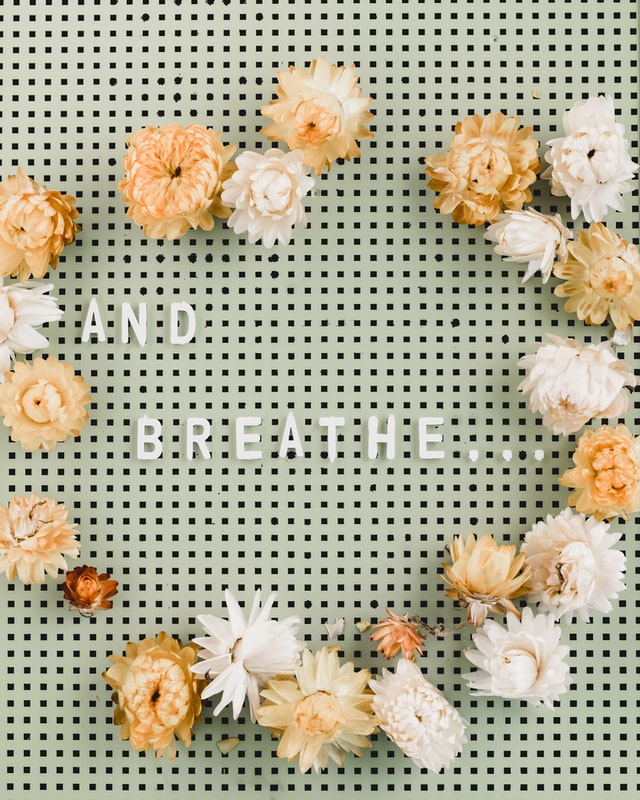
Mindfulness practices are not new and have origins in the contemplative traditions of Asia, especially Buddhism. Mindfulness is the basic human ability to be fully present, aware of where we are and what we’re doing, and not overly reactive or overwhelmed by what’s going on around us.
When we’re mindful, we reduce stress, enhance performance, gain insight and awareness through observing our mind, and increase our attention to others’ well-being. – mindful.org
Here are some tips for being more mindful from the NHS

Remind yourself to take notice of your thoughts, feelings, body sensations and the world around you is the first step to mindfulness.
Notice the everyday as we go about our daily lives, we can notice the sensations of things, the food we eat, the air moving past the body as we walk.

Keep it regular. It can be helpful to pick a regular time, such as a morning journey to work or a walk at lunchtime, during which you decide to be aware of the sensations created by the world around you.

Try something new. Trying new things, such as sitting in a different seat in meetings or going somewhere new for lunch, can also help you notice the world in a new way.

Watch your thoughts. Some people find it very difficult to practise mindfulness. As soon as they stop what they’re doing, lots of thoughts and worries crowd in. It might be useful to remember that mindfulness isn’t about making these thoughts go away, but rather about seeing them as mental events that come and go. This can be very hard at first, but with gentle persistence it is possible.
Name thoughts and feelings. Some people find that it is easier to cope with an over-busy mind if they are doing gentle yoga or walking. To develop an awareness of thoughts and feelings, some people find it helpful to silently name them: “Here’s the thought that I might fail that exam” or: “This is anxiety”.
Free yourself from the past and future. You can practise mindfulness anywhere, but it can be especially helpful to take a mindful approach if you realise that, for several minutes, you have been trapped in reliving past problems or pre-living future worries.
Videos, podcasts, apps
There are a multitude of mindfulness apps available. Here are just a few which you may find helpful.
 The Mindfulness app
The Mindfulness app  Calm
Calm 



